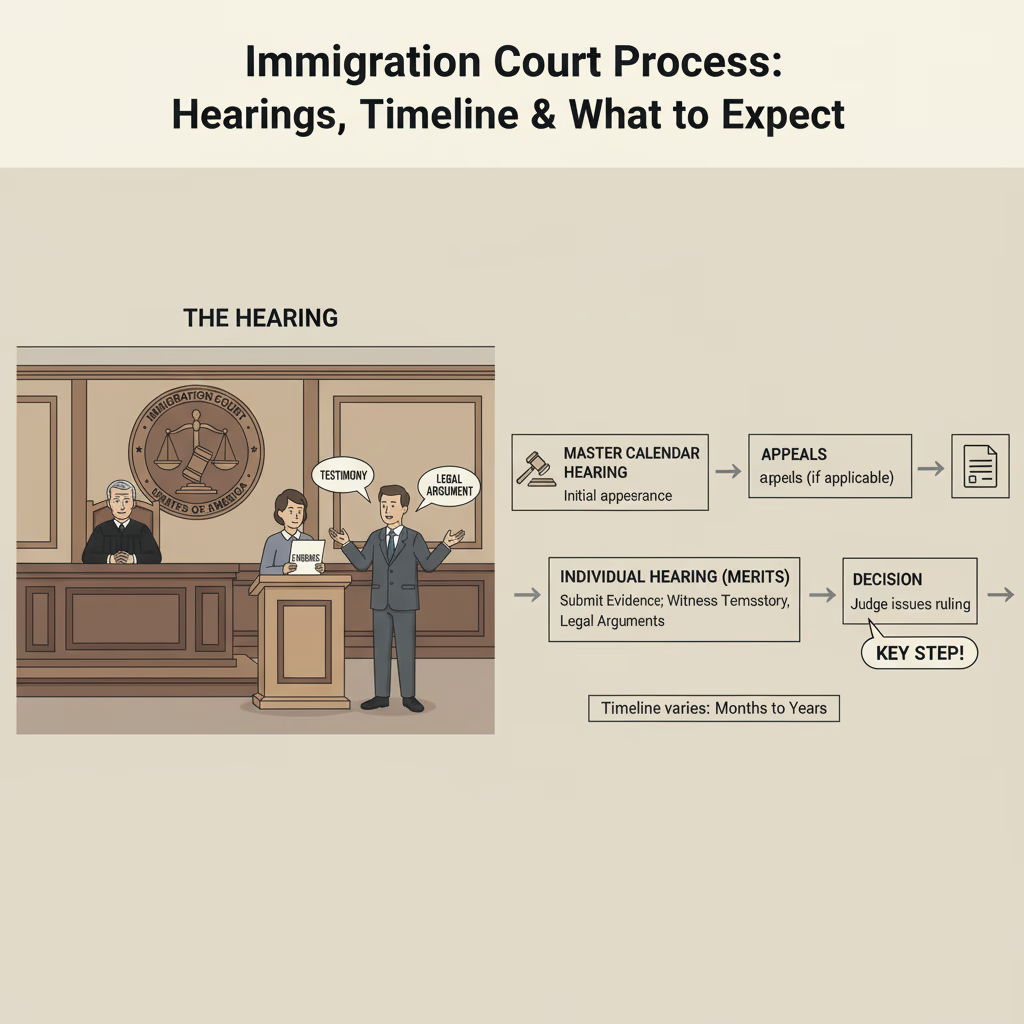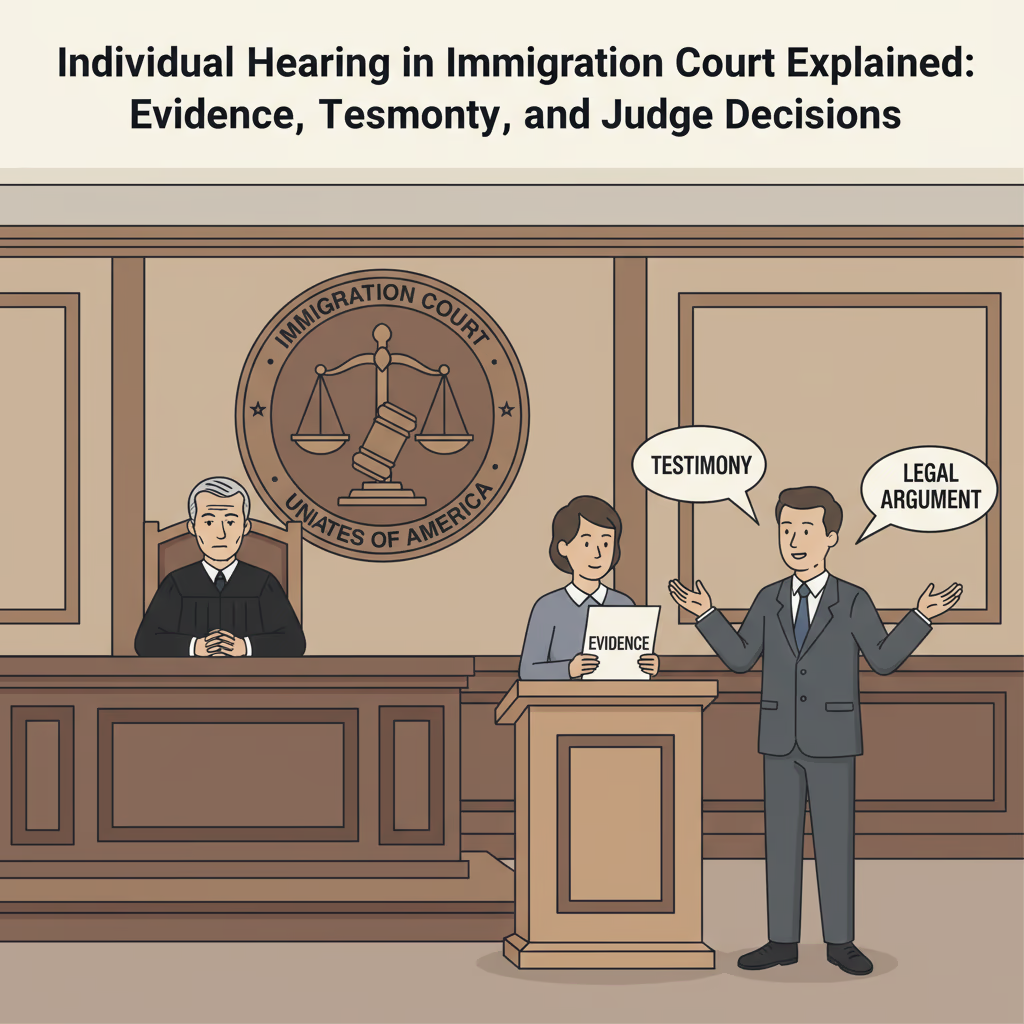Diplomacy and international cooperation often require individuals to spend decades of their lives far from their home countries, serving in roles that transcend national borders. For those who have dedicated their careers to recognized international organizations or NATO, the United States offers a gesture of gratitude and stability: a path to permanent residence.
This specific “Special Immigrant” category allows certain retired officers, employees, and their family members to secure a Green Card. While Washington D.C. or New York might be the first cities that come to mind for international diplomacy, many eligible retirees and families choose the Dallas-Fort Worth (DFW) metroplex for its booming economy, lower cost of living compared to the coasts, and world-class amenities.
If you are considering retiring in Texas after a career of international service, or if you are a family member of someone who served, this guide will help you understand the eligibility requirements and how to navigate the process.
Who is Eligible for this Special Immigrant Status?
This category (often falling under the EB-4 visa classification) is somewhat complex because it covers two distinct groups: employees of certain international organizations and NATO-6 civilian employees.
1. Employees of International Organizations (G-4 Visa Holders)
This pathway is generally designed for long-term employees of recognized international organizations (like the World Bank, IMF, or UN) and their families who have lived in the U.S. for significant periods.
To qualify, you must typically fall into one of these sub-categories:
- Retired Officers or Employees: You must have lived in the U.S. on a G-4 visa for at least 15 years (combined) before your retirement. You must also have lived and been physically present in the U.S. for at least half of the 7 years immediately before filing your petition. Crucial deadline: You must file Form I-360 no later than six months after your retirement date.
- Surviving Spouses: If your spouse was a qualifying employee who passed away, you may be eligible if your spouse met the residency and employment requirements. Crucial deadline: You must file no later than six months after your spouse’s death.
- Unmarried Sons and Daughters: If you are the unmarried child of a qualifying officer or employee, you may be eligible if you have lived in the U.S. on a G-4 visa for at least 7 years between the ages of 5 and 21. You must also have resided in the U.S. for at least half of the 7 years before filing. Crucial deadline: You must apply before your 25th birthday.
2. NATO-6 Civilian Employees
This category mirrors the G-4 category but applies to civilian employees of the North Atlantic Treaty Organization (NATO) stationed in the U.S. (NATO-6 status).
The requirements are very similar:
- Retired Employees: Must have lived in the U.S. in NATO-6 status for at least 15 years and meet the physical presence test (half of the last 7 years).
- Surviving Spouses: Similar rules apply regarding the deceased spouse’s service.
- Unmarried Sons and Daughters: Similar residency rules apply (7 years in the U.S. between ages 5 and 21).
Why Choose Dallas-Fort Worth?
For many international civil servants, retirement brings the freedom to choose a home base outside the high-cost diplomatic hubs. DFW has become an increasingly attractive destination for this demographic for several reasons:
- Cost of Living: While rising, housing prices in DFW are still generally more affordable than in New York City or the D.C. metro area. This allows retirement pensions to stretch much further.
- International Connectivity: DFW International Airport provides direct flights to major capitals worldwide, making it easy to visit family abroad or travel for leisure.
- Diverse Communities: As highlighted in previous articles, DFW is home to vibrant international communities, ensuring that retirees from abroad can find cultural connections, familiar foods, and social circles.
- Healthcare: North Texas boasts world-renowned medical facilities, including UT Southwestern and Baylor Scott & White, which is a major consideration for retirees.
Navigating the Application Process
Applying for a Green Card as a Special Immigrant: Employee of an International Organization or NATO-6 Employee requires meticulous attention to timelines. The deadlines mentioned above—specifically the “six months after retirement” rule—are strict. Missing a deadline by even a day can result in a denial.
The Process Overview
- File Form I-360: You initiate the process by filing Form I-360, Petition for Amerasian, Widow(er), or Special Immigrant, with USCIS.
- Evidence of Service: You must provide robust documentation proving your employment history with the international organization or NATO, your visa status (G-4 or NATO-6) over the required years, and your physical presence in the U.S. (entry/exit records are vital here).
- Adjustment of Status: If you are currently in the U.S., you will likely file Form I-485 to adjust your status to permanent resident concurrently with or after your I-360 is approved.
Because these cases involve proving physical presence over many years—sometimes looking back 15 years or more—record-keeping is paramount. Old passports, I-94 records, and employment verification letters are essential pieces of the puzzle.
Local Resources in DFW
Even if you are moving to DFW from another U.S. city, local organizations can assist with the integration process or legal questions. While this specific green card category is niche, general immigration resources in the area can still be of service.
- Catholic Charities Dallas (Immigration Legal Services): A trusted provider for low-cost immigration assistance and consultations.
- DFW International Community Alliance: An excellent hub for connecting with cultural groups and international events in the region.
- Opening Doors International Services: Based in Denton, they provide humanitarian and legal services to immigrants in the northern DFW suburbs.
- Light of Hope Immigration Law Center: Located in Plano, this non-profit offers low-cost legal services to low-income families.
The Importance of Professional Guidance
The “Special Immigrant” status for international organization employees is a fantastic benefit, recognizing years of service to the global community. However, the complexity of counting physical presence days and the unforgiving nature of the filing deadlines make it a high-stakes process.
If you are planning your retirement in the DFW area or are a family member looking to secure your future here, do not attempt to navigate this alone. An experienced immigration attorney can help you calculate your eligibility dates precisely, gather the necessary historical evidence, and ensure your petition is filed well within the statutory deadlines. Secure your retirement and your family’s future in Texas with the right legal support.






